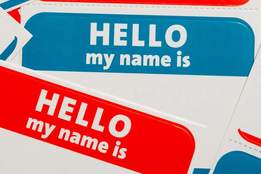Word of the Day
: November 18, 2017belaud
playWhat It Means
: to praise usually to excess
belaud in Context
"Several cheers went up. Piccard, unaware of the scene unfolding behind him, seemed to think they were meant to belaud his plan." — Jake Silverstein, Nothing Happened and Then It Did: A Chronicle in Fact and Fiction, 2011
"We believe it was about 1835 that Mr. Dearborn republished the Culprit Fay, which then, as at the period of its original issue, was belauded by the universal American press…." — Edgar Allan Poe, "J. G. C. Brainard" in The Works of the Late Edgar Allan Poe, 1850
Did You Know?
You may recognize the word laud (meaning "to praise or extol") in belaud. In fact, belaud was formed by combining the prefix be- and the verb laud. Since be- can denote both "to a greater degree" and "excessively or ostentatiously," it perhaps should come as no surprise that while laud may imply praise to a deserved degree, belaud often has the connotations of unreasonable or undeserved praise. Incidentally, both laud and by extension belaud derive from the Latin verb laudare, which in turn traces back to laud-, meaning "praise." Other descendants of laud- in English include laudatory, laudable, and even laudation, meaning "an act of praising."











